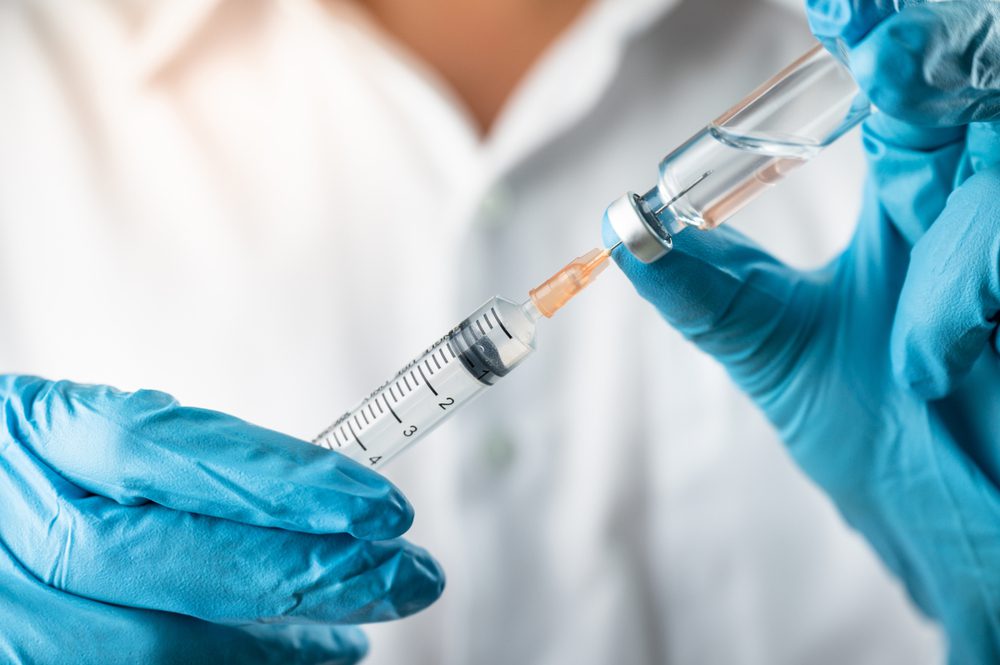Last fall, a new vaccine for respiratory syncytial virus (RSV) intended for pregnant people was made available to the public. Physician Sarah Turner, who was used to getting some pushback to vaccines, was surprised by the strong interest from patients. Annually, RSV is believed to result in up 80,000 hospitalizations for children less than five years old in the US. Infants are at the greatest risk.
The vaccine prevents parents from unintentionally passing along the virus to their children, and a new monoclonal antibody called nirservimab is also available as a treatment for the infection. This one-two combination has the potential to save lives and greatly reduce the impacts of RSV, which reaches its zenith during the winter months. However, experts are concerned that these new resources aren’t being utilized to their greatest potential.
The CDC has specific seasonal rules regarding the use of these treatments that some worry are too stringent. The guidelines instruct doctors to stop administering the vaccine at the end of January, and administration of nirservimab is supposed to largely cease by the end of March. The intent behind these rules follows the understanding that these two treatments are believed to be effective for around six months. Patients are also limited in having to opt for one treatment of the other; most babies eligible for the maternal vaccine aren’t permitted to have the antibody, and vice versa.
The rollout was also compounded by shortages, with demand for nirservimab outpacing production. Hospitals were also hesitant about the medication’s hefty price tag. While there should be a significantly greater supply for 2024, supply could still go fast when the administration window returns in October.
Pediatrician Grace Lee from Stanford wonders why the administration window for at least one of the two options couldn’t begin earlier in the year. After all, the RSV season has been early and strong lately, often kicking off in September; there are also significant regional variations in timing to consider. As the youngest infants are at the greatest risk of severe RSV infections, perhaps the best option would be to begin offering the maternal vaccine earlier or even year-round, as this option gives protection to newborns during the most vulnerable period.





